Professor Fred Dubee, as the head of the delegation from China Biodiversity Conservation and Green Development Foundation (CBCGDF), also as an international representative, answered some questions proposed by the organizer of the 7th Kubuqi International Desert Forum (KIDF), before heading to this phenomenal event scheduled from 26 – 28 July 2019 in Inner Mongolia, China.
As the only large international forum in the world dedicated to promoting global desertification control and green economic development, the event of the KIDF has been recognized by the UN Convention to Combat Desertification as a platform for exchange and the promotion of ideas on global desertification control and green economic development.
Below is a record of the Q & A, here shared with readers.
I. About the Forum
1. What attracts you the most regarding the Seventh Kubuqi International Desert Forum?
The opportunity to update my knowledge of the Kubuqi project, developments since my last participation and understanding of current challenges and plans.
2. What do you want to share the most on this Forum?
Updates from the learning derived from the project’s experience in the areas of biodiversity conservation, green development and desert related biosciences.
Understanding of progress made in all areas, the vision for the future and the challenges that must be addressed.
Understanding of the role the Kubuqi project is playing and can play in China’s Green Transition to 2050
II. About Desertification Control
1. What role do you think green finance can play in combatting desertification?
Financial sustainability is key to all environmental projects however the approaches and yardsticks used to measure sustainability must be holistic that is they must include all aspects is the assessment
2. How do you think Internet-based technologies and ecological big data can influence ecosystem restoration, climate change mitigation and biodiversity restoration?
Providing comprehensive, accurate and real-time information is essential.
3. What do you think is the most effective and economical method of desertification control?
To be truly effective the approach must be holistic and driven by a long-term vision incorporating not only the latest technology but also relevant experience, especially breakthroughs from around the world.
At the same time, through the KIDF, scientific exchanges, national and international R&D projects, academic and general publications, youth and community (E.G. the CBCGDF CCAfa project) based approaches focused on developments in the Kubuqi ensure open sharing to obtain value-adding assessment and ideas
III. About the International Cooperation along the Belt and Road
1. What are the common challenges in ecosystem restoration facing countries and regions along the Belt and Road? In response, what kind of international cooperation is needed?
Lack of understanding and awareness leading to meaningful action on the part of both policy makers and all facets of society.
Education, formal and informal at all levels and a commitment to supporting life-long-learning are not only of prime importance but imperative if we are to introduce, maintain and deepen the disruptive
2. From your point of view, what kind of pressing environmental issues need to be addressed in your country? Is there any experience, technologies or models to share with us? What kind of international cooperation you are looking forward to?
Respect for Nature and a solid, proactive commitment to work in harmony with Nature
3. What is your take on the role of eco-environment governance and restoration in building a community of shared future for mankind?
The creation of an ecological society requires the attention, care and proactive involvement
IV. About Ecosystem Restoration Mechanism
As eco-environment restoration requires joint efforts of different parties, how do you think governments, companies and the public should cooperate?
Of course, joint involvement and efforts are essential as are empowerment and support of all actors in society. Collaborative efforts that respect and optimize the capacity to drive change of each individual and each individual organization will bring unexpected and significant benefits to all
V. About Individual Responsibility in Desertification Control
1. What do you think individuals can do to combat desertification and protect environment? To support tree-planting projects, to plant trees in deserts in person, or to reduce individual carbon emission?
There is a great array of individual actions available to each person.
In some case, we have seen a single child (E.G. “Plant for the Planet”) or by an NGO (E.G. CBCGDF EPIL) have had tremendous positive impact.
2. Are you willing to take to hotels your personal care items, such as toothbrush, toothpaste, slippers and towels, so as to reduce environmental burdens on international conference venues?
Yes, I am certainly willing and do so on every trip I make in every part of the world. In addition, I always work in cooperation with the individuals, organizations and companies (Travel providers, hotels, etc.) to proactively support all local environmentally friendly actions.
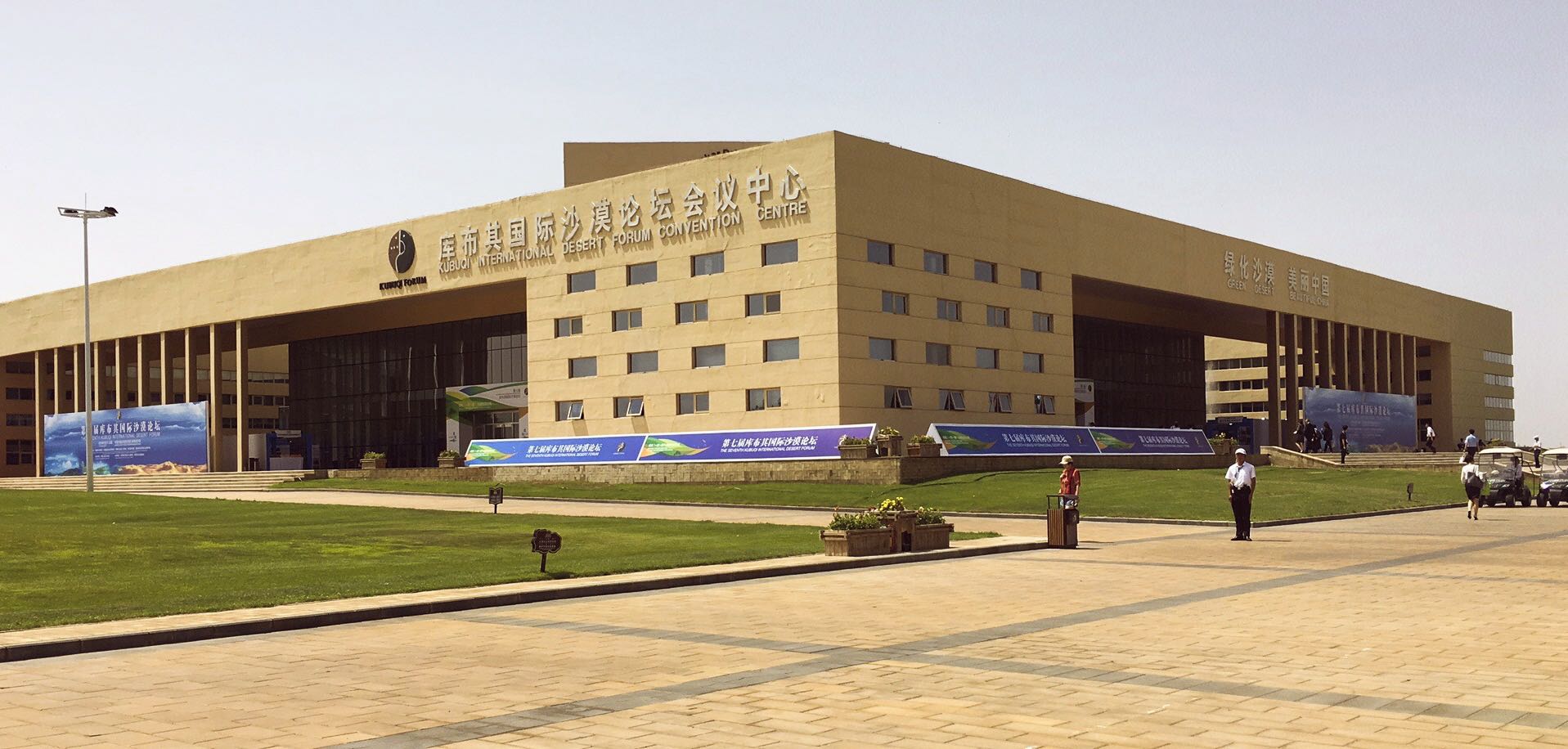
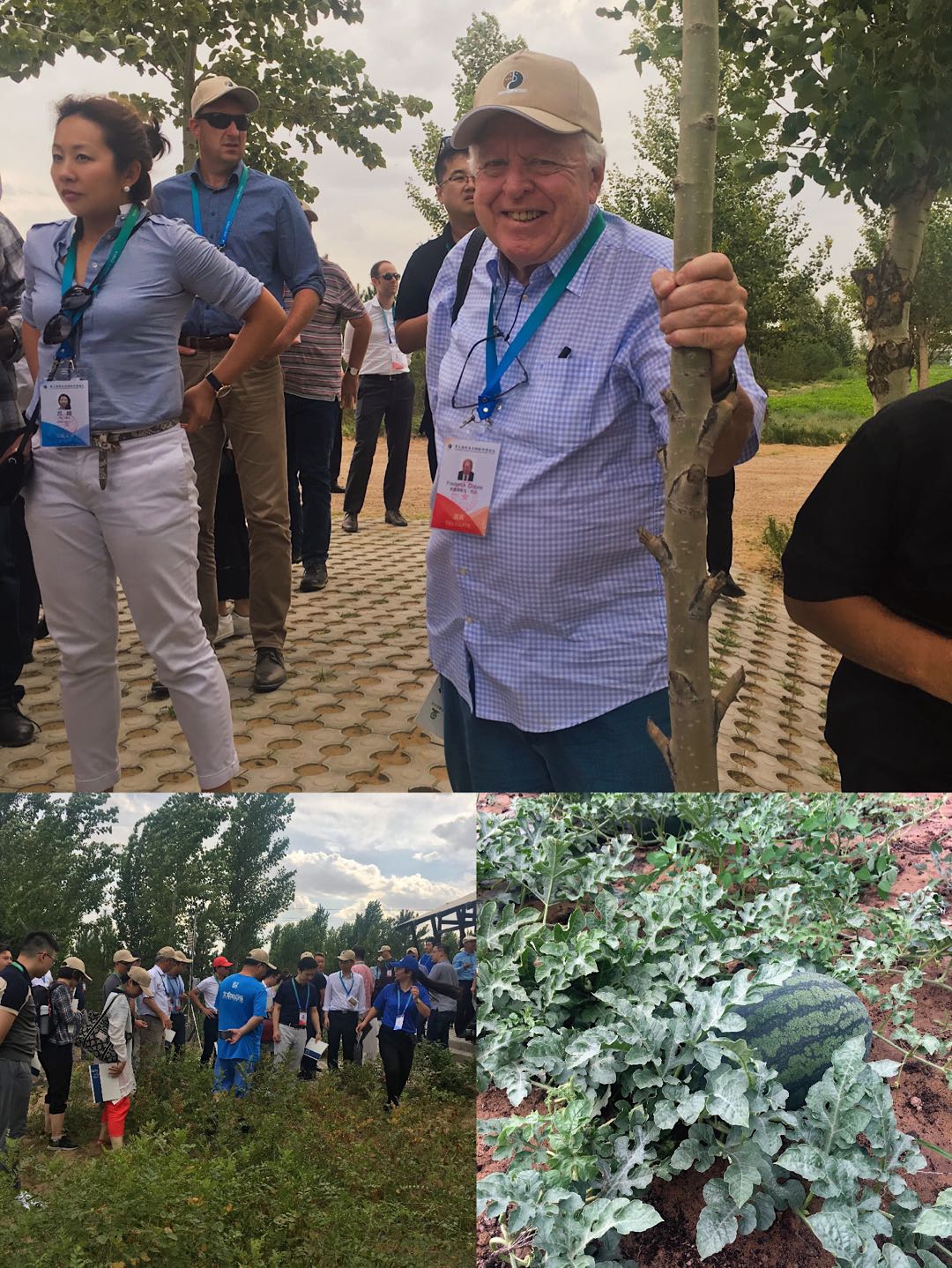
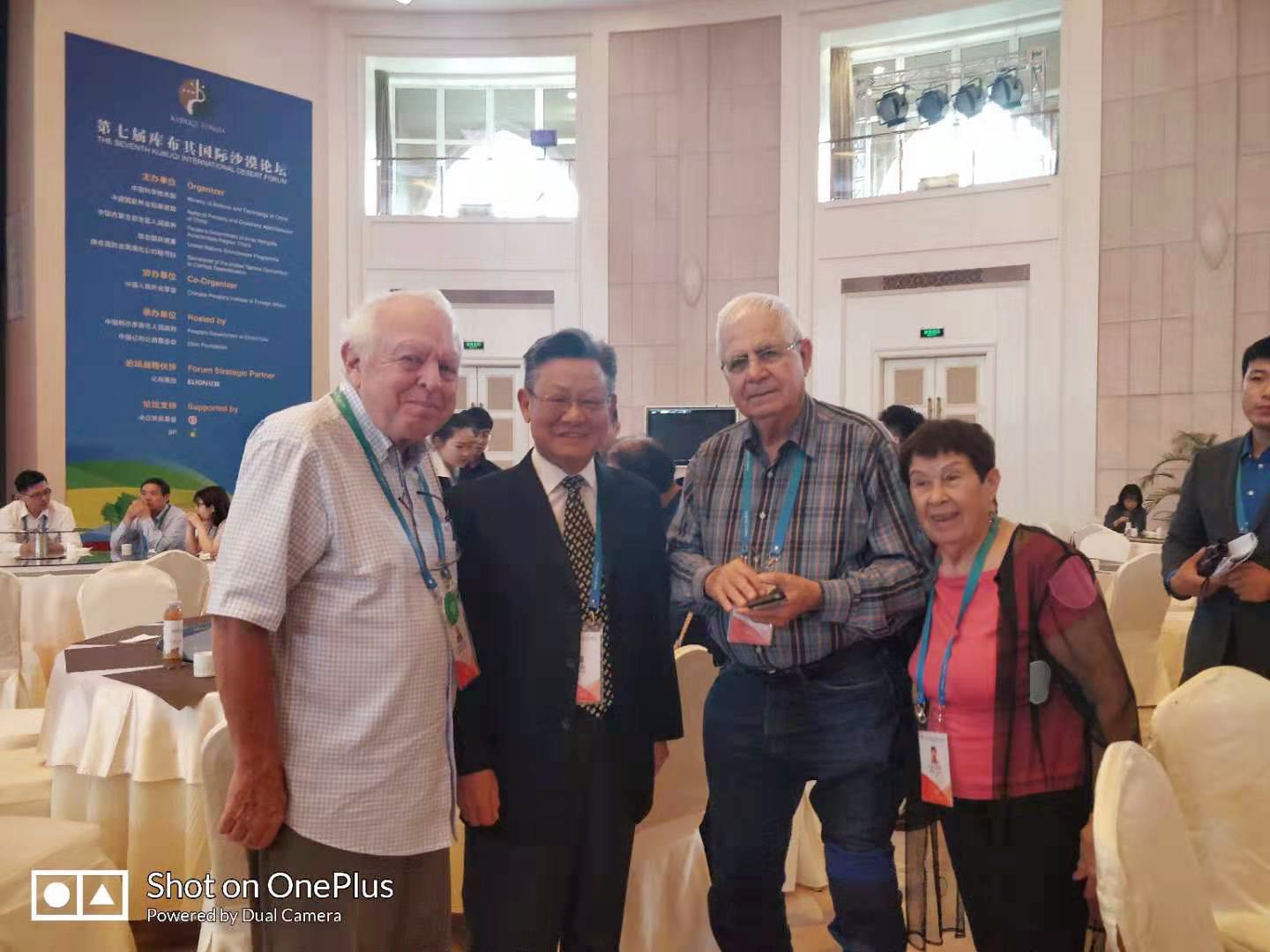
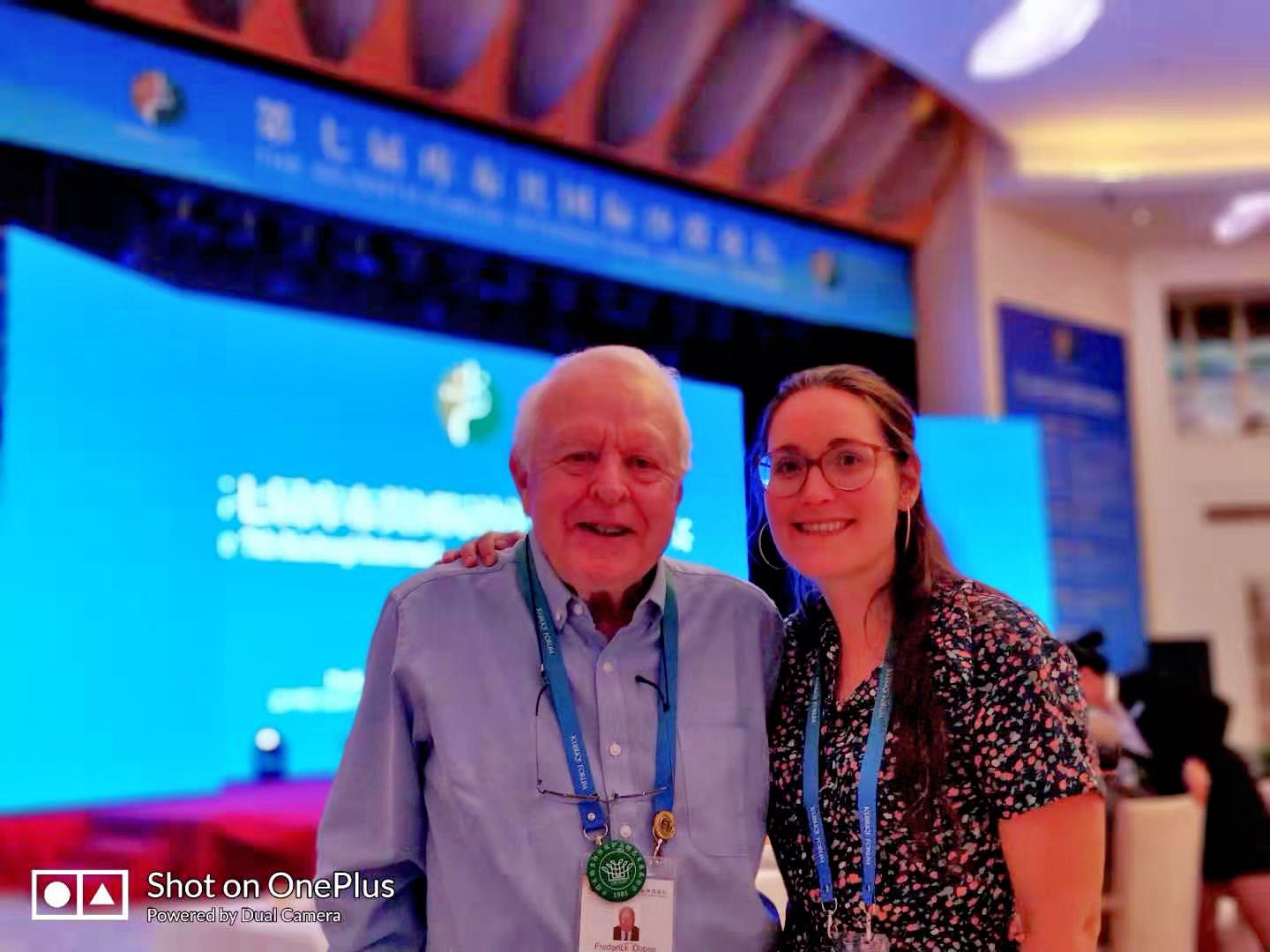
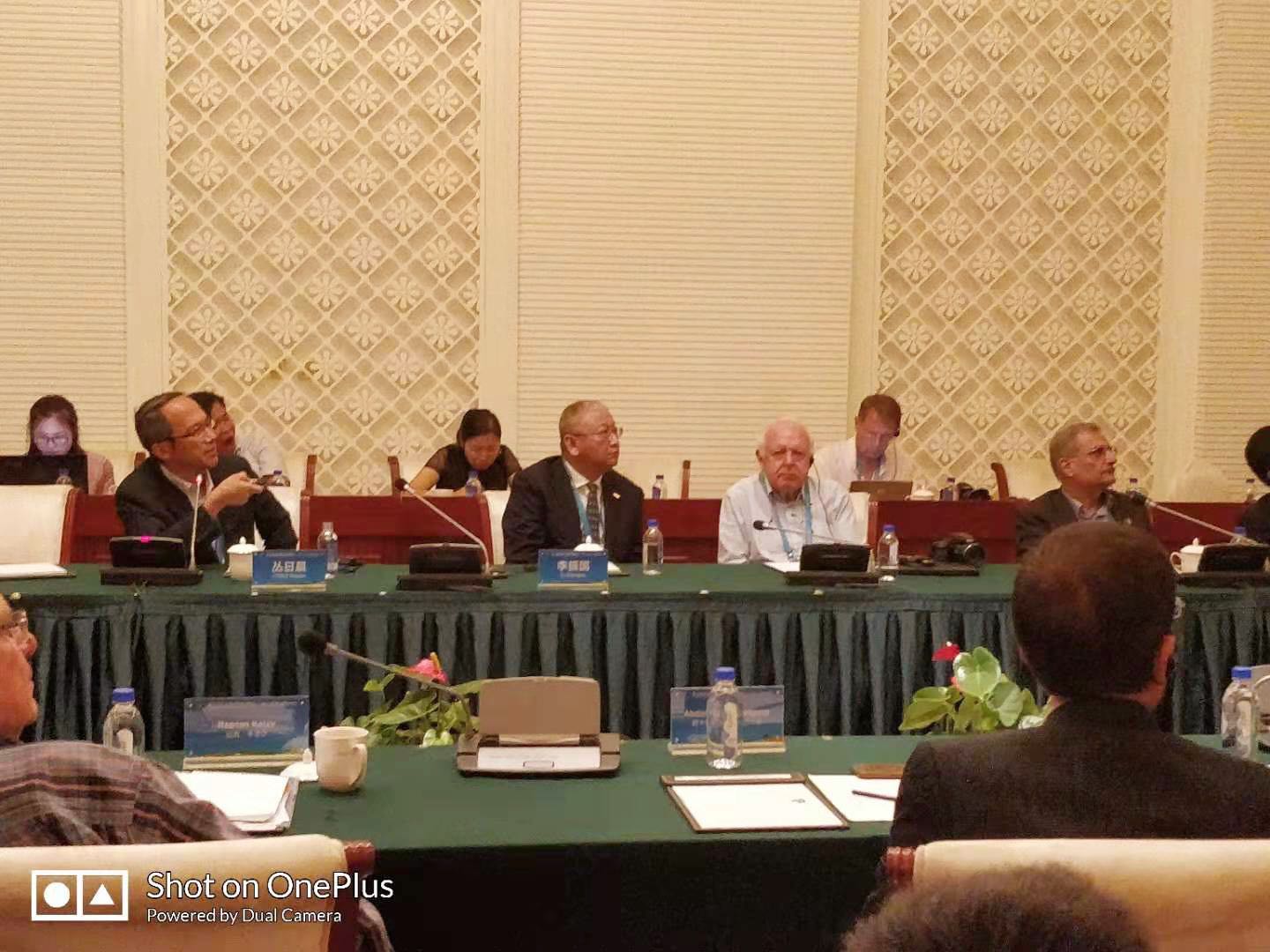
Attended the Academic Forum of the 7th KIDF
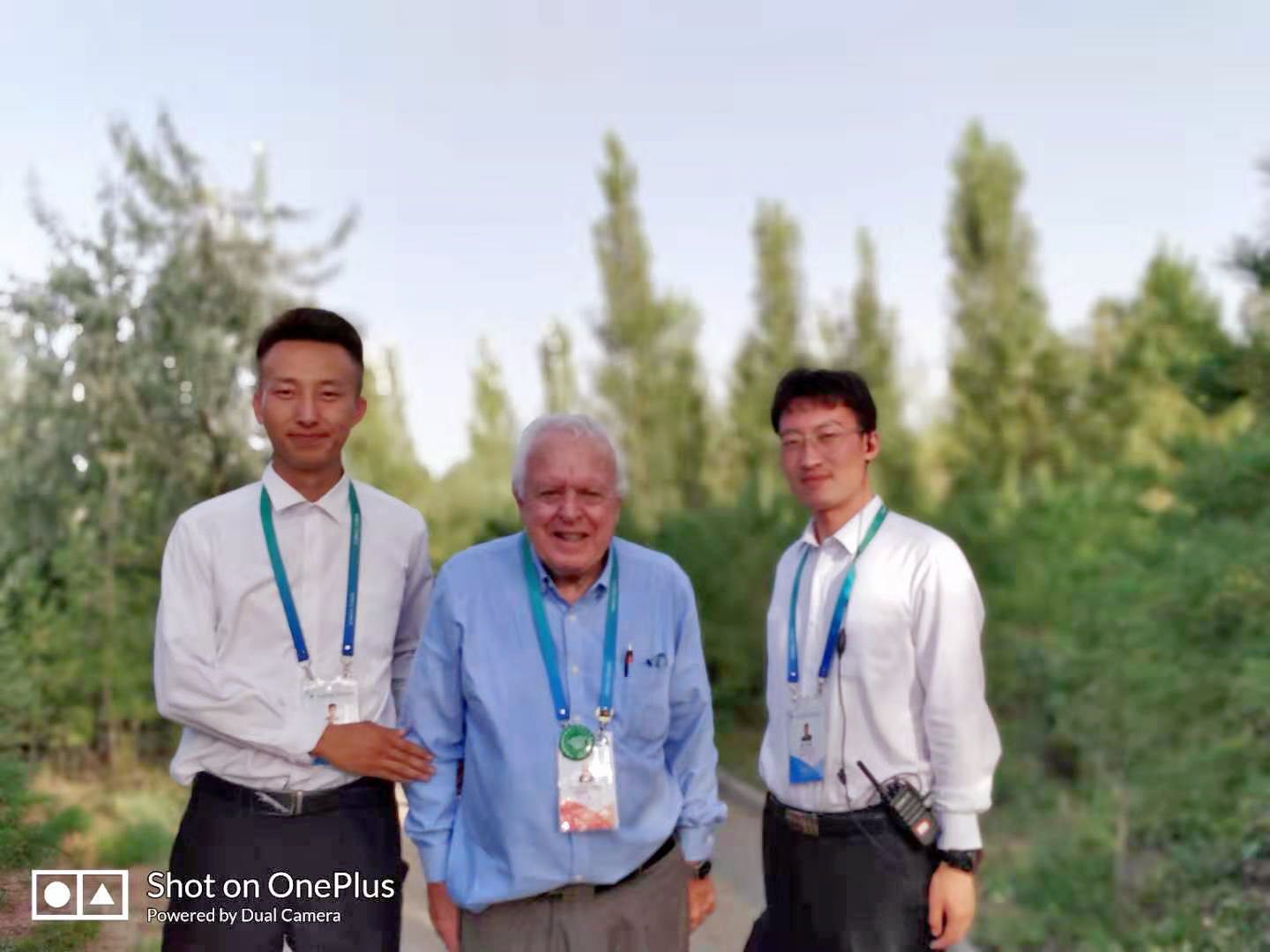
(Photos credit: Fred Dubee, please indicate the source.)
By / Maggie
